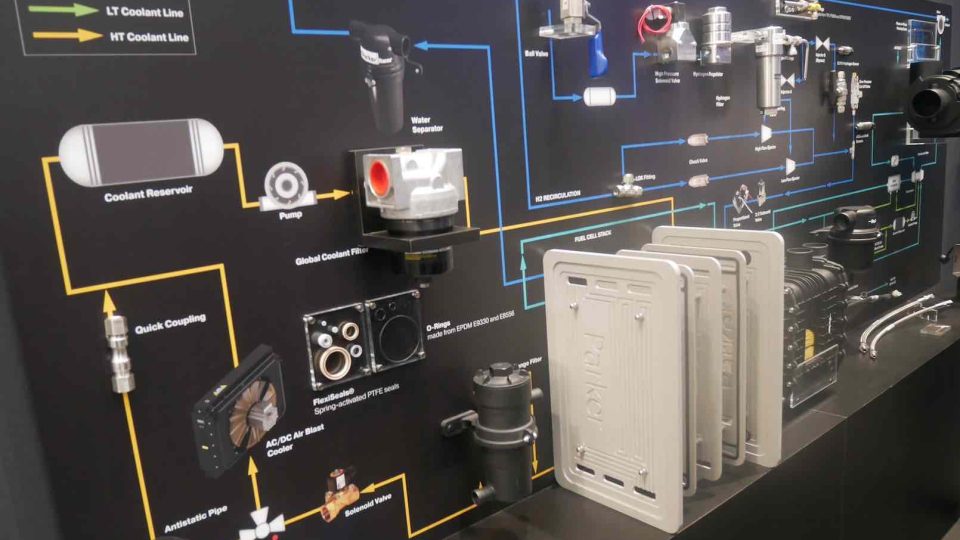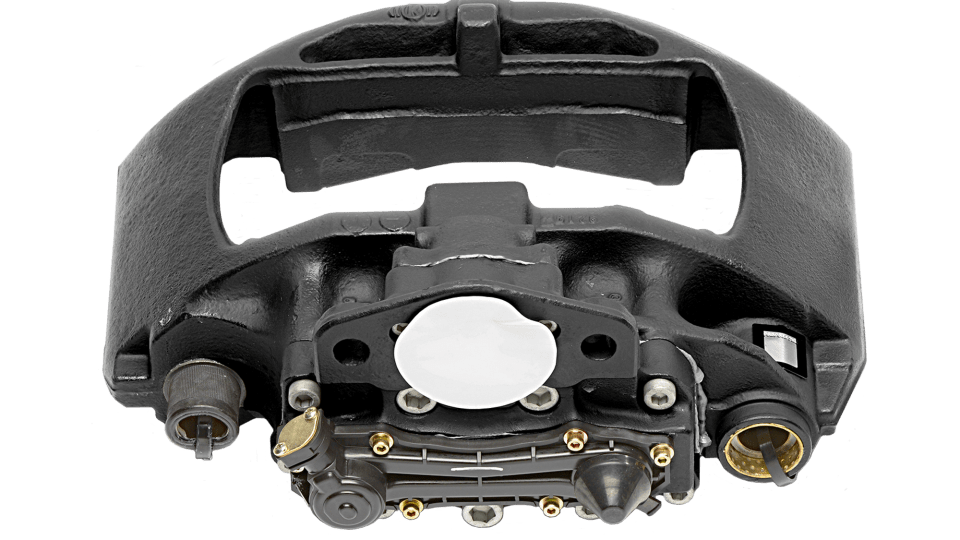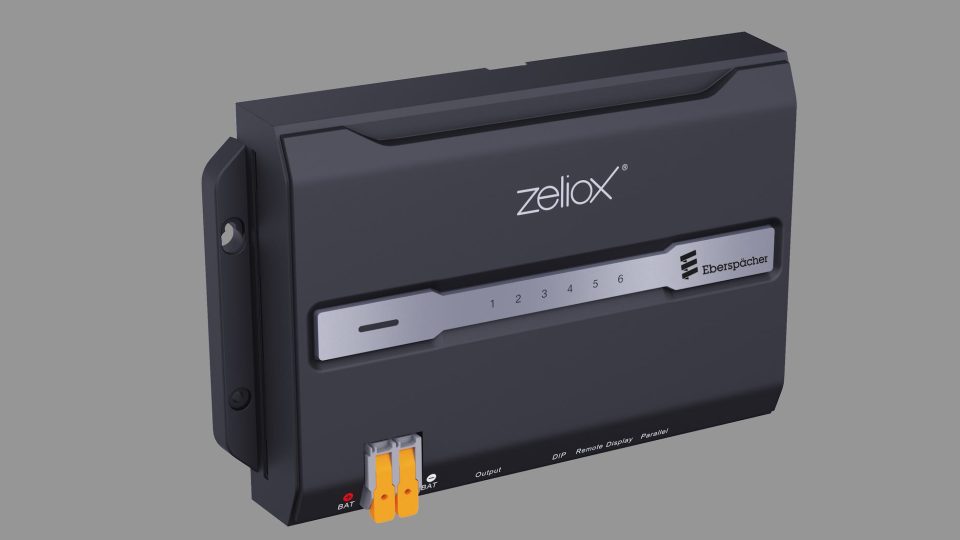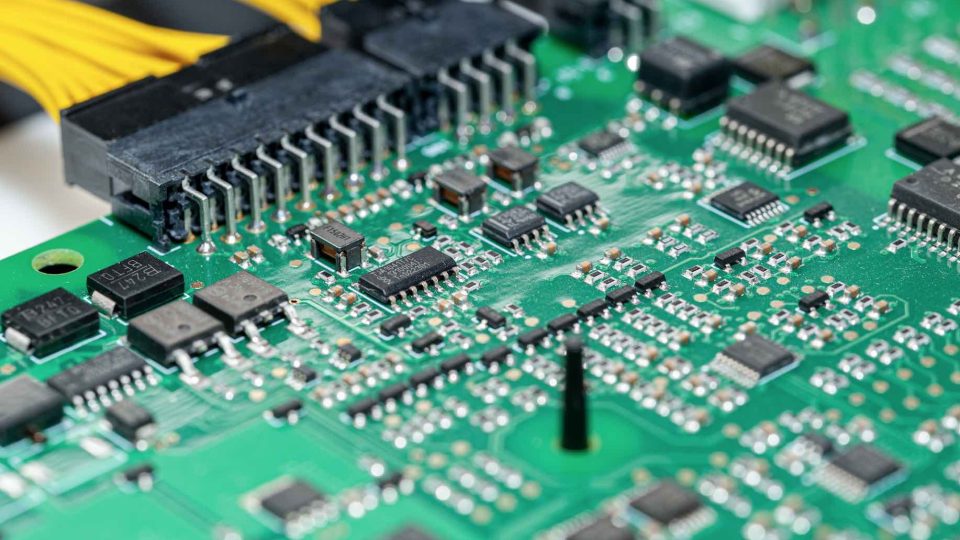Bosch starts volume production of its fuel-cell power module
At its Stuttgart-Feuerbach location, Bosch has now begun volume production of its fuel-cell power module. Nikola Corporation will serve as the pilot customer with its Class 8 hydrogen fuel cell electric truck.
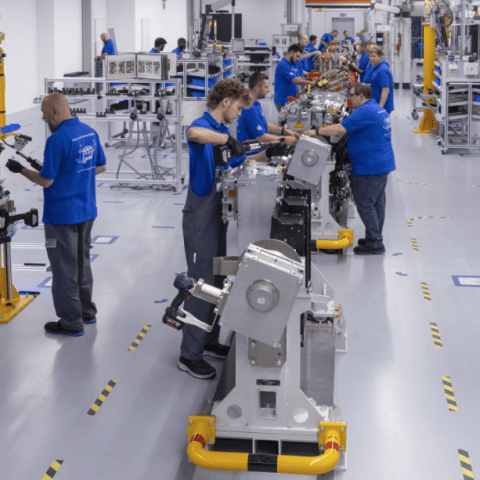
Bosch is entering the hydrogen age of mobility. At its Stuttgart-Feuerbach location, the supplier of technology and services has now begun volume production of its fuel-cell power module. Nikola Corporation, based in the United States, will serve as the pilot customer with its Class 8 hydrogen fuel cell electric truck, which is scheduled to enter the North American market in the third quarter of 2023.
“Here in Stuttgart-Feuerbach, in the plant whose history goes back further than any other Bosch plant, the hydrogen future is about to happen,” said Stefan Hartung, the chairman of the board of management of Robert Bosch, at the Bosch Tech Day 2023. “Bosch knows its way around hydrogen, and Bosch is growing with hydrogen.” The company operates along the entire hydrogen value chain, developing technology for its production and application. By 2030, Bosch plans to generate sales of roughly 5 billion euros with hydrogen technology.
In its solutions for the hydrogen economy as well, Bosch is relying on a global manufacturing network and the prowess of its German locations. For example, the Bosch plant in Bamberg, Germany, will supply the Feuerbach factory with the fuel-cell stack. And important system components such as the electric air compressor and the recirculation blower come from the Bosch plant in Homburg, Germany.
“Bosch is one of the very few companies that are capable of mass producing technology as complex as fuel-cell stacks. We don’t just have the required systems expertise, but also the capability of quickly scaling up new developments to mass production,” said Markus Heyn, member of the Bosch board of management and chairman of Bosch Mobility. Production of the fuel-cell power module is not only starting in Feuerbach, but also in Chongqing, China. The components it requires will come from the Wuxi plant. “Bosch is the first company to produce these systems in both China and Germany,” Hartung said. In addition, Bosch is also planning to manufacture stacks for mobile applications in its U.S. plant in Anderson, South Carolina. Worldwide, the company expects that, by 2030, one in five new trucks weighing six tons or more will feature a fuel-cell powertrain.
Bosch into the hydrogen era
Between 2021 and 2026, Bosch will have invested a total of nearly 2.5 billion euros in the development and manufacturing of its hydrogen technologies. That is another billion euros more than was earmarked in the investment plan for 2021 to 2024. The business opportunities for Bosch are huge, as is the effect on jobs. Even now, there are more than 3,000 people at Bosch working on hydrogen technologies, more than half of them in Europe. However, the further prospects for the hydrogen business depend on the political environment.
At the start of 2023, Bosch started constructing prototypes for electrolysis using proton exchange membranes – in other words, the reverse of the energy conversion method used in mobile fuel cells. Starting in the fall, the company intends to make 1.25-megawatt prototypes available for pilot applications, and is on track to start volume production in 2025. Bosch is exploring several options for the use of hydrogen. Stationary solid-oxide fuel cells can be used for the distributed supply of power and heat. In a pilot project at the hospital in Erkelenz, near Cologne in Germany, Bosch wants to use this technology to achieve overall efficiency of 90 percent. The micropower plant there will initially run on natural gas, but can be converted to green hydrogen. Apart from the fuel-cell powertrain, Bosch is also working on the hydrogen engine, developing systems for both port and direct injection of hydrogen. This solution is particularly suitable for heavy vehicles on long hauls with especially heavy loads. The hydrogen engine is expected to be launched starting in 2024.




